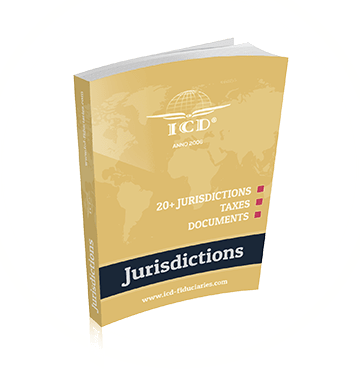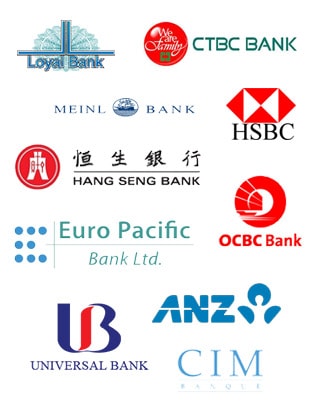Lebanon has been facing economic crisis for almost 2 years since October 2019. The four main reasons behind the crisis are, firstly, debt of public sector, secondly, lack of functionality and liquidity of banking sector, thirdly, lack of productive economy, finally, disorderly political system.
Due to these for factors, the frustration of citizens grew and riots took place demanding radical changes. In October of 2019, the minister cabinet resigned, throwing the country into a political crisis that even worsen the situation. For example, capital inflows decreased, national currency “lira” emerged, purchasing power collapsed because of inflation. Moreover, Covid-19 also left an impact on Lebanon, it estimated that in 2020 GDP dropped by 25%. Unemployment rate and amount of people that are under the poverty line are growing.
In January of 2020, a new government was formed to start a recovery program, however, in August of 2020 it became inactive and tendered it’s resignation due to political attacks. At the moment it is difficult to form a government and create an active strategy because of Lebanon’s complicated financial situation: in order to fix issues created by, for example, inflation, emerged currency rate, it is necessary to shift this burden to the population that is already irritated and under the threat of poverty.
In the worst-case scenario neglect will continue. This lack of stability will lead to emigration of qualified workforce and closure of several enterprises. In addition, overall this could escalate shortages of food and medical resources leading to riots and internal security threats. In the best-case scenario a credible and independent government with emergency legislative powers is formed that will create short-term recovery plan for stabilization. Unfortunately, the possibly of this scenario is very low.
It is believed that most-likely a “traditional” government will be formed. The government would only have limited room for maneuver and will remain hostage to the political class and associated vested interests. It would not have the political
muscle to put in place the structural transformation required by the country and would be unlikely to adhere to the conditions of an IMF program.




 8.00–17.00
8.00–17.00







